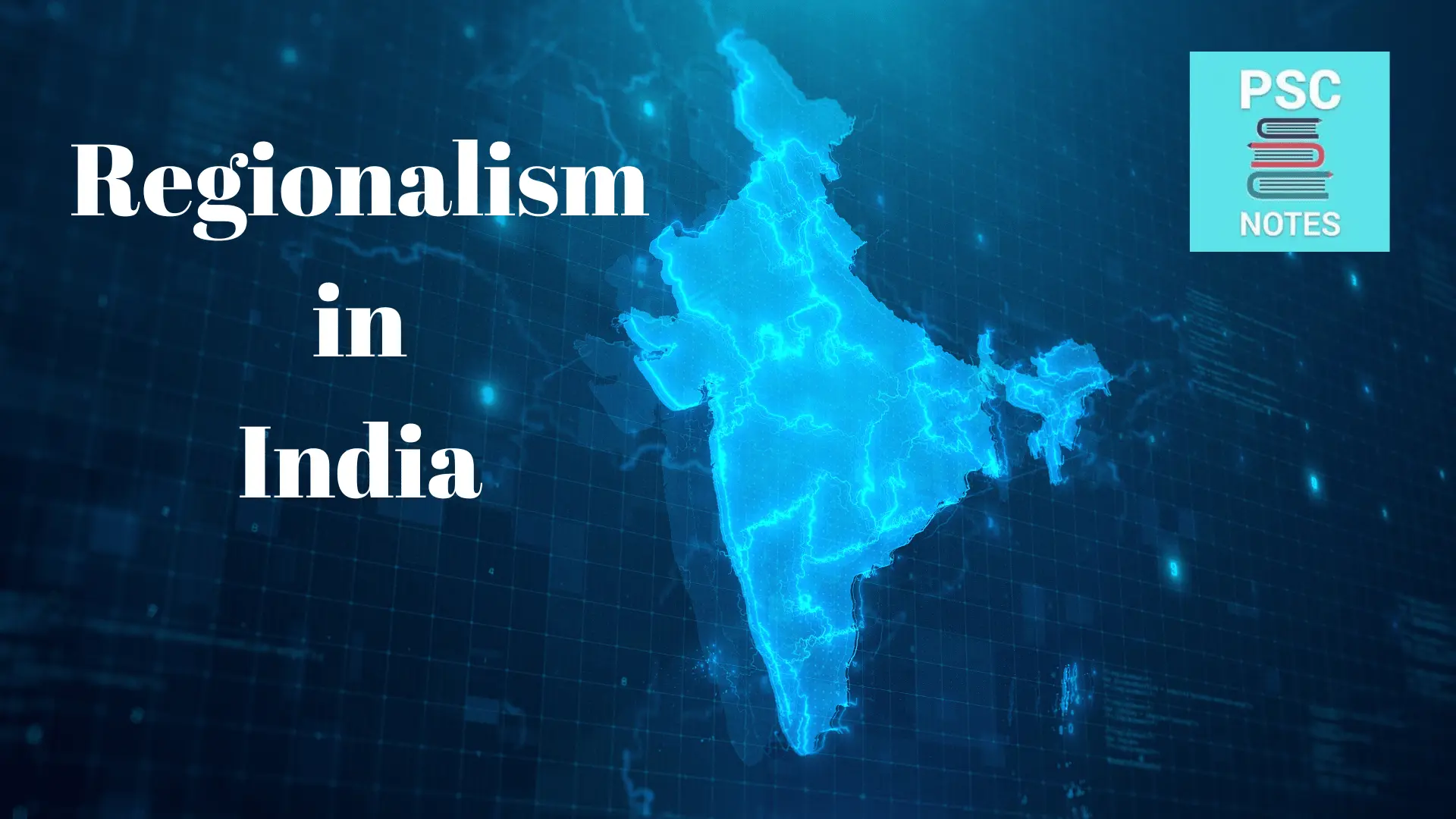Regionalism
Regionalism is a political ideology that emphasizes the importance of local or regional interests as opposed to national interests. Regionalists often believe that their region has its own unique culture and identity that should be preserved, and they may advocate for greater autonomy or even independence for their region.
Regionalism can be traced back to the ancient world, when different regions often had their own distinct cultures and political systems. In the Middle Ages, regionalism became even more pronounced, as different kingdoms and empires competed for power. The Renaissance saw a renewed interest in regional culture and identity, and this trend continued into the Age of Enlightenment.
In the 19th century, regionalism took on a new political dimension, as nationalist movements emerged in many parts of the world. These movements sought to create independent nation-states based on shared language, culture, and history. Regionalism was often seen as a threat to nationalism, as it could lead to the fragmentation of nation-states.
However, regionalism has also been seen as a way to promote cooperation and integration between different regions. In the 20th century, regionalism became increasingly important as a way to address common problems such as economic development, environmental protection, and security.
Today, regionalism is a major force in global politics. There are many regional organizations, such as the European Union, the African Union, and the Association of Southeast Asian Nations. These organizations promote cooperation between their member states on a wide range of issues.
Regionalism is a complex and multifaceted phenomenon. It can be seen as a force for both unity and division. It can be used to promote cooperation and integration, or it can be used to further the interests of a particular region at the expense of others. The future of regionalism will depend on the choices that are made by political leaders and citizens around the world.
Frequently Asked Questions
What is regionalism?
Regionalism is a political ideology that emphasizes the importance of local or regional interests as opposed to national interests. Regionalists often believe that their region has its own unique culture and identity that should be preserved, and they may advocate for greater autonomy or even independence for their region.
What are the different types of regionalism?
There are many different types of regionalism, but some of the most common include:
- Economic regionalism: This type of regionalism focuses on promoting economic cooperation between different regions.
- Political regionalism: This type of regionalism focuses on promoting political cooperation between different regions.
- Cultural regionalism: This type of regionalism focuses on promoting cultural cooperation between different regions.
- What are the benefits of regionalism?
There are many potential benefits of regionalism, including:
- Increased economic growth: Regional trade agreements can help to increase trade between different regions, which can lead to increased economic growth.
- Reduced conflict: Regional cooperation can help to reduce conflict between different regions.
- Increased cultural understanding: Regional cooperation can help to increase cultural understanding between different regions.
- What are the drawbacks of regionalism?
There are also some potential drawbacks of regionalism, including:
- Increased inequality: Regional trade agreements can sometimes lead to increased inequality, as some regions may benefit more than others.
- Loss of sovereignty: Regional cooperation can sometimes lead to a loss of sovereignty for individual countries.
- Increased bureaucracy: Regional organizations can sometimes be quite bureaucratic, which can make it difficult to get things done.
What is the future of regionalism?
The future of regionalism is uncertain. Some experts believe that regionalism will continue to grow in importance, while others believe that it will decline. The future of regionalism will depend on a number of factors, including the global economy, the rise of nationalism, and the changing nature of conflict.
MCQs
- Regionalism is a political ideology that emphasizes the importance of:
(a) Local or regional interests
(b) National interests
(c) Global interests - Regionalism can be traced back to the:
(a) Ancient world
(b) Middle Ages
(c) Renaissance - In the 19th century, regionalism took on a new political dimension with the rise of:
(a) Nationalist movements
(b) Communist movements
(c) Fascist movements - Regionalism can be seen as a force for both:
(a) Unity and division
(b) Cooperation and conflict
(c) Progress and regress - The future of regionalism will depend on the choices that are made by:
(a) Political leaders
(b) Citizens
(c) Both political leaders and citizens
